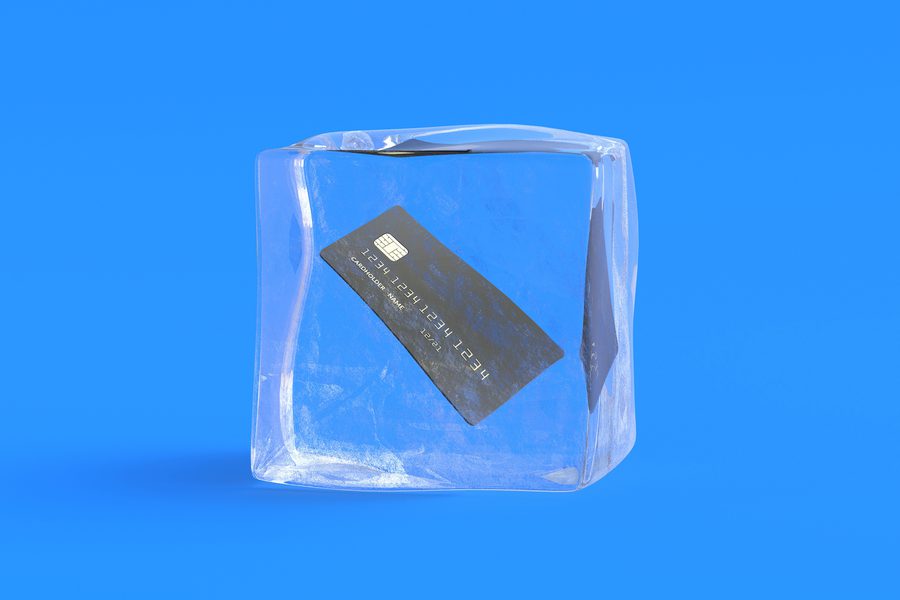
Protecting your personal information is more important now than ever before. With the increasing number of data breaches and identity theft cases, it's crucial to take proactive steps to safeguard your credit. One effective way to do this is by freezing your credit. Let's dive deeper into what credit freezing is, how to freeze your credit, and the benefits of taking this precautionary measure.
In today's digital age, protecting your personal information is more important than ever. With the increasing number of data breaches and identity theft cases, it's crucial to take proactive steps to safeguard your credit. One effective way to do this is by freezing your credit. In this blog post, we'll explore what credit freezing is, how to freeze your credit, and the benefits of taking this precautionary measure.
What is Credit Freezing?
Credit freezing, also known as a security freeze, is a tool that allows you to restrict access to your credit report, making it more difficult for identity thieves to open new accounts in your name. When you freeze your credit, potential creditors and other third parties will not be able to view your credit report unless you lift the freeze.
How to Freeze Your Credit
- Contact the Credit Bureaus: To freeze your credit, you'll need to contact each of the three major credit bureaus – Equifax, Experian, and TransUnion. You can initiate a credit freeze online, by phone, or by mail. Each bureau may have slightly different procedures, so be sure to follow their specific instructions.
- Provide Your Information: When requesting a credit freeze, you'll need to provide personal information such as your name, address, date of birth, Social Security number, and other identifying details as requested.
- Receive a PIN or Password: After you request a credit freeze, you'll receive a unique PIN or password from each credit bureau. Keep these codes in a safe place, as you'll need them to lift the freeze in the future.
- Verify the Freeze: Once your request is processed (generally one business day by phone or online and three business days by mail), the credit bureaus will place a freeze on your credit report. You can verify that the freeze is in place by checking your credit reports or contacting the bureaus directly.
The Benefits of Freezing Your Credit
- Protection Against Identity Theft: By freezing your credit, you can prevent unauthorized individuals from opening new accounts in your name, reducing the risk of identity theft.
- Control Over Access to Your Credit Report: With a credit freeze in place, you have control over who can access your credit report. This can help you avoid unwanted solicitations and inquiries.
- Peace of Mind: Knowing that your credit is protected can give you peace of mind, especially in an era of widespread data breaches and cybercrime.
- It's Free: Placing a credit freeze is free of charge, and it will not affect your credit score.
Conclusion
Freezing your credit is a proactive step you can take to protect yourself from identity theft and fraud. By understanding what credit freezing is, how to freeze your credit, and the benefits it offers, you can make an informed decision about whether it's the right choice for you. Freezing your credit is a simple yet effective way to prevent financial headaches down the road. For more information or questions on if a credit freeze is right for you, please contact your McKinley Carter Advisor.
Helpful Resources:
